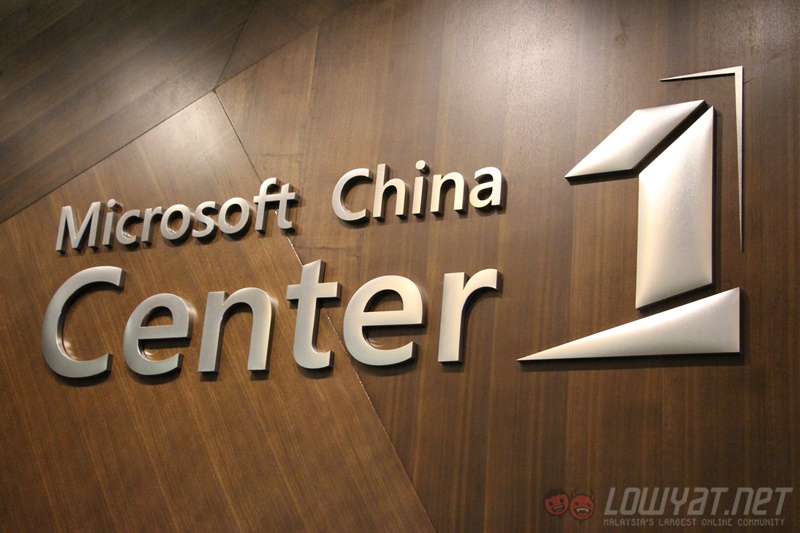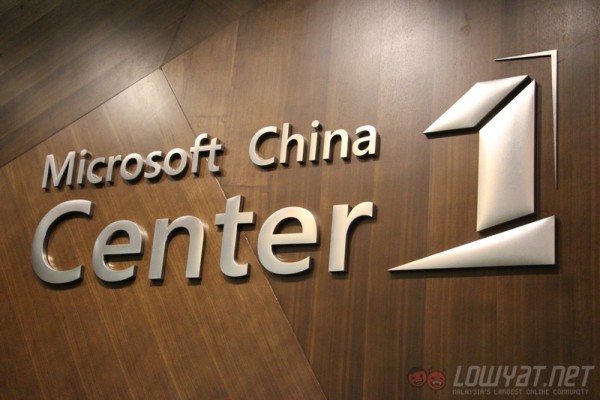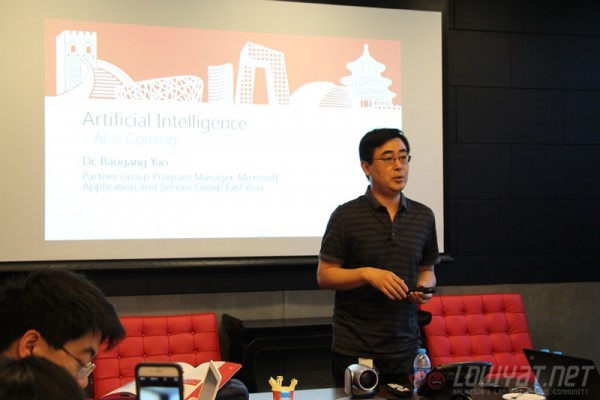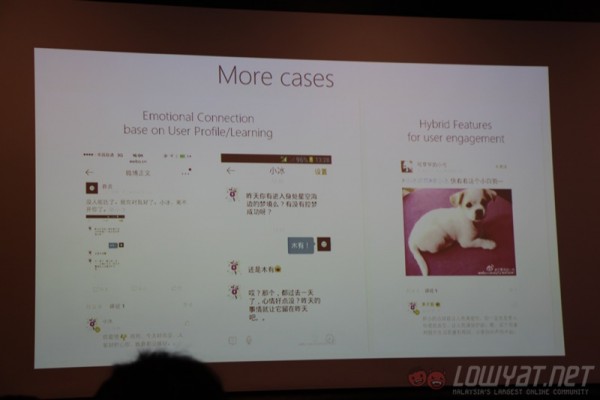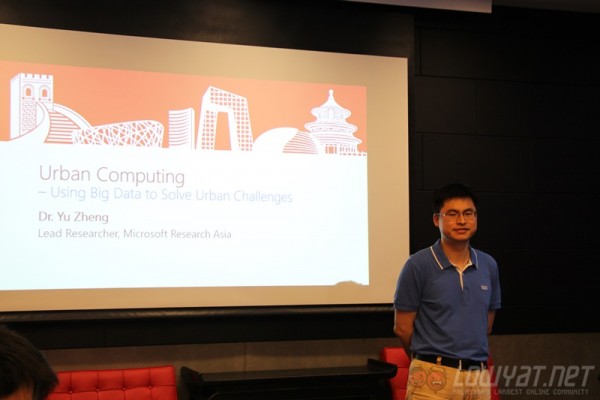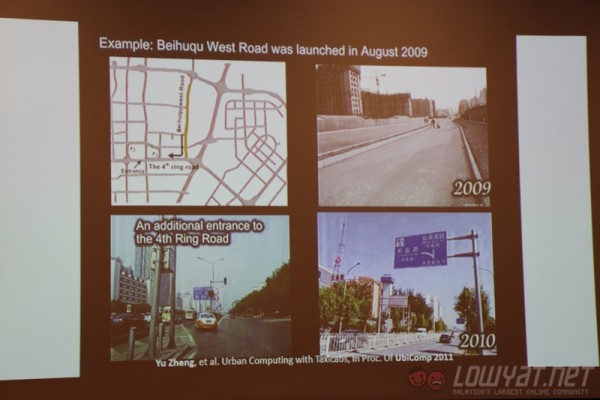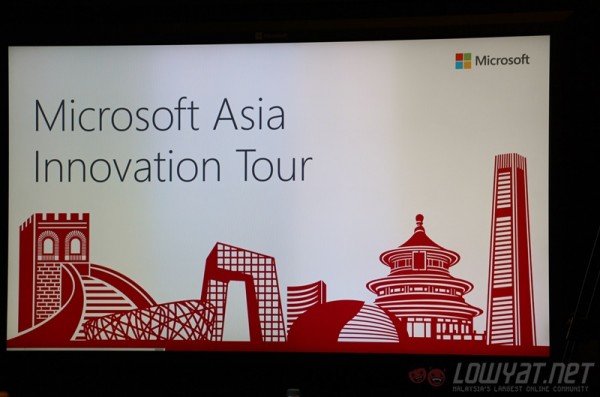Not many may have heard of Microsoft Research, let alone the company’s own R&D facility in Beijing. Dubbed as the Microsoft Asia-Pacific Research and Development Group (ARD), it is the company’s biggest research and development facility outside of the US; and we have been invited to a tour of it. Here’s what we have learnt from the tour so far.
Among the things that we have seen today is Microsoft’s advancement in artificial intelligence in the form of Xiaona – Cortana in the Chinese market – and Xiaoice, the former’s “little sister” which has a different purpose (or “personality”). While Xiaona is more of a digital personal assistant meant to help you get your work done more effectively, Xiaoice is a “social assistant”. Basically, it’s a social chat bot.
That being said, Microsoft Asia explained that Xiaoice is much more sophisticated than other chatbots. It can learn from past conversations and provide contextual replies. For example, when Xiaoice is shown a picture of a dog, it is able to recognise that the dog is a Chihuahua. It then commented that “since the Chihuahua is so cute, the owner has to be cute as well.” Very cheeky response.
While Xiaoice isn’t exactly new (it has been in the market in China for about a year now), Microsoft Asia has shared with us that Xiaoice currently has more than 10 million users in China alone. Looking forward, Microsoft is planning to release Xiaoice outside of the country, but it remains a tentative plan for now. Seeing how well-received it is in China, Xiaoice could prove to be successful in other markets as well.
Xiaona, on the other hand, is still as capable as we remember. Much like Xiaoice, it is also capable of learning about its user and give contextual information. Microsoft Asia reiterated that Xiaona/Cortana will be making its way to other platforms as well, namely Android and iOS devices.
Other than artificial intelligence, Microsoft Asia also showed us its concept of “urban computing”. Basically, the company takes advantage of huge data to improve the urban environment. For example, using data on traffic conditions throughout a city, Microsoft Asia can pinpoint specific bottlenecks of roads. The company can then suggest construction of new roads to ease traffic congestion, effectively ensuring an effective urban planning. We imagine this type of research can be extremely useful to many countries – especially Malaysia.
As to what to expect for the second day of the Microsoft Asia Innovation Tour, the company will delve into its focus on “building the intelligent cloud”, which aims to empower developers to create more personal and intelligent experiences for consumers and enterprises. We will also be briefed on Microsoft Ventures Accelerator; a programme that is possibly every startup’s dream. It basically helps entrepreneurs to launch their company and to help them expand into global markets.
There are a lot more exciting stuffs that Microsoft Research Asia has planned for us in this tour. Stay tuned to our site for more update!
Follow us on Instagram, Facebook, Twitter or Telegram for more updates and breaking news.


